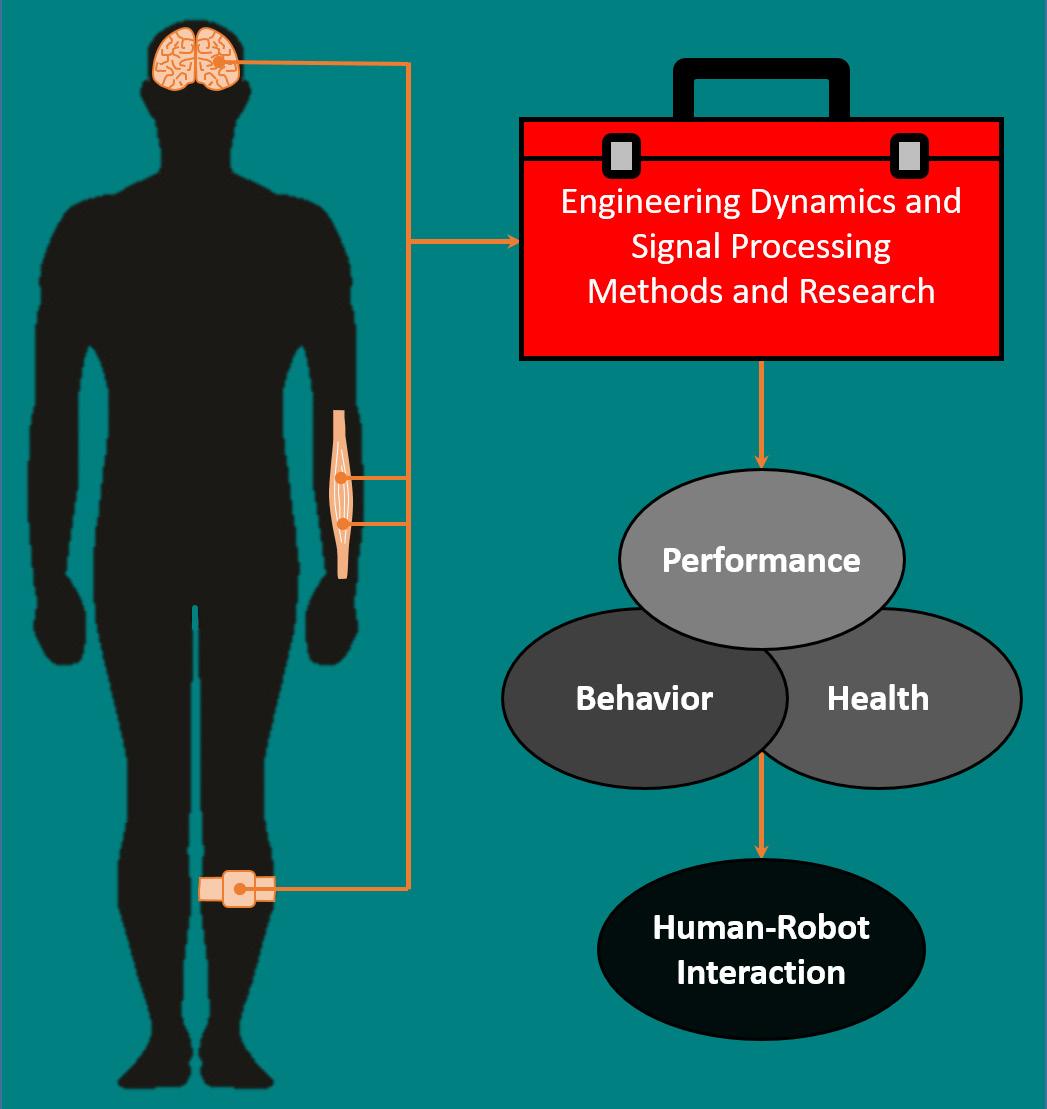
4 minute read
New faculty highlight: Rachel Vitali
12
Advertisement
One of the newest faculty members in the Department of Mechanical Engineering brings a fresh perspective and innovative research in instrumentation and robotics.
Rachel Vitali earned a BSE in mechanical engineering at the University of Michigan and continued on in the department, obtaining both MSE and PhD degrees. Building upon an already impressive record of research, she is now continuing her career as an assistant professor at the University of Iowa. She intends to continue her research focused on human instrumentation and, eventually, study the interactions between humans and robots.
Vitali’s work uses wearable sensors to quantify how an individual’s performance or behavior changes —in military personnel, for example. She was a Translational Research Institute for Space Health (TRISH) Postdoctoral Fellow, during which time she studied how wearable sensors can inform NASA’s future decisions regarding how to maximize astronauts’ success in conducting scientific experiments on the Moon and Mars. With the outbreak of COVID-19, she has been unable to conduct her human subject research as originally intended, but she is currently utilizing other data sources to continue her work.
Human capabilities in system identification, perceptionbased pattern recognition, and adaptation often exceed what robots can do, at least for now. But by using data collected from wearable sensors, she can evaluate and improve technology such as robotic exoskeletons in order to augment and/or supplement human abilities.
Vitali finds human movement and interactions with robots to be fascinating, particularly with respect to how robots and people can collaborate with one another. Human capabilities in system identification, perception-based pattern recognition, and adaptation often exceed what robots can do, at least for now. But Vitali works with wearable sensors in her research of Human-Robot Interaction. Find more information visit her website: https://www.rachelvitali.com/hirlab.html

by using data collected from wearable sensors, she can evaluate and improve technology such as robotic exoskeletons in order to augment and/or supplement human abilities. One of the envisioned futures for this type of technology is improving the quality of life for individuals with mobility limitations.
Vitali says being a woman in engineering often puts her in the position of “playing the counting game”— looking at her peers and noticing that she is one of only a few women in the room. For instance, after her first year of undergraduate studies, she was one of only three women at a summer job in industry. This dramatic imbalance unfortunately created an environment that perpetuated harassment, something that many women face at some point in their careers.
Shortly after, Vitali met a faculty member who inspired her pursue research, which led to her current path in academia. Though still outnumbered, she says she has developed a support system of other likeminded individuals dedicated to enacting change in engineering culture. During her time as a graduate student, a female faculty member spoke openly with women graduate students about her experiences, and this “womentoring” encouraged Vitali to pay that mentorship forward to future generations of students
who may not feel like they fit in with engineering. She says that diversity of all kinds is important, but a hard quota is not the answer to change the current standard practices. Instead, it will require a long, deliberate process of curriculum and institutional changes that begin with the individual.
Vitali’s experiences at Michigan encouraged her to stay in the academic system and to work to better it in her own way. As a professor, she envisions leading a student-centered classroom, which may be harder to create and more time intensive upfront, but she believes the best way to learn is through active student engagement. In the spring semester, she will be teaching a graduate-level course that she is designing. Vitali plans to work with students to help them translate

sensor data into interpretable and usable information about mechanical systems for real-world applications. She envisions students using sensors to design their own experiments to enable them to have agency over their own educational experiences.
Vitali encourages current engineering students to try as many things as possible and think hard about what they want from their careers. She believes, in general, the way people feel about their profession falls on a spectrum. On one end, their job is a paycheck that allows them to live the life they want, and on the other end, their job is their passion. She encourages students to be honest about how they feel about their careers and be prepared to pursue employment where the reality matches their expectations.
The University of Iowa Department of Mechanical Engineering is excited to welcome Rachel Vitali as a new member of the faculty!

